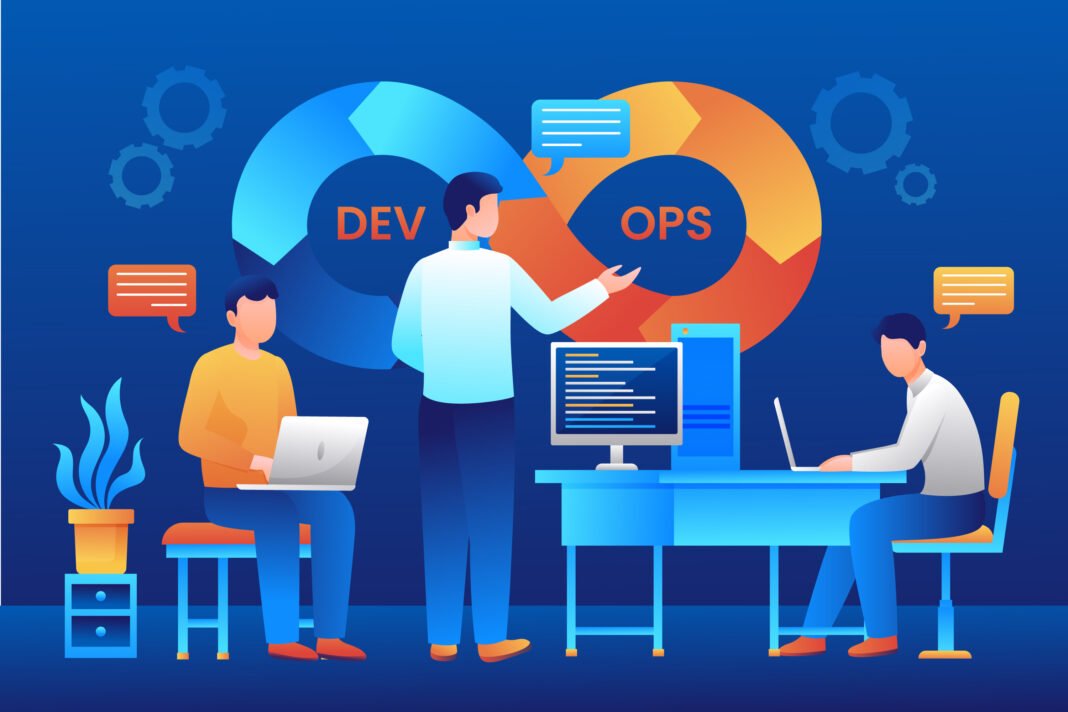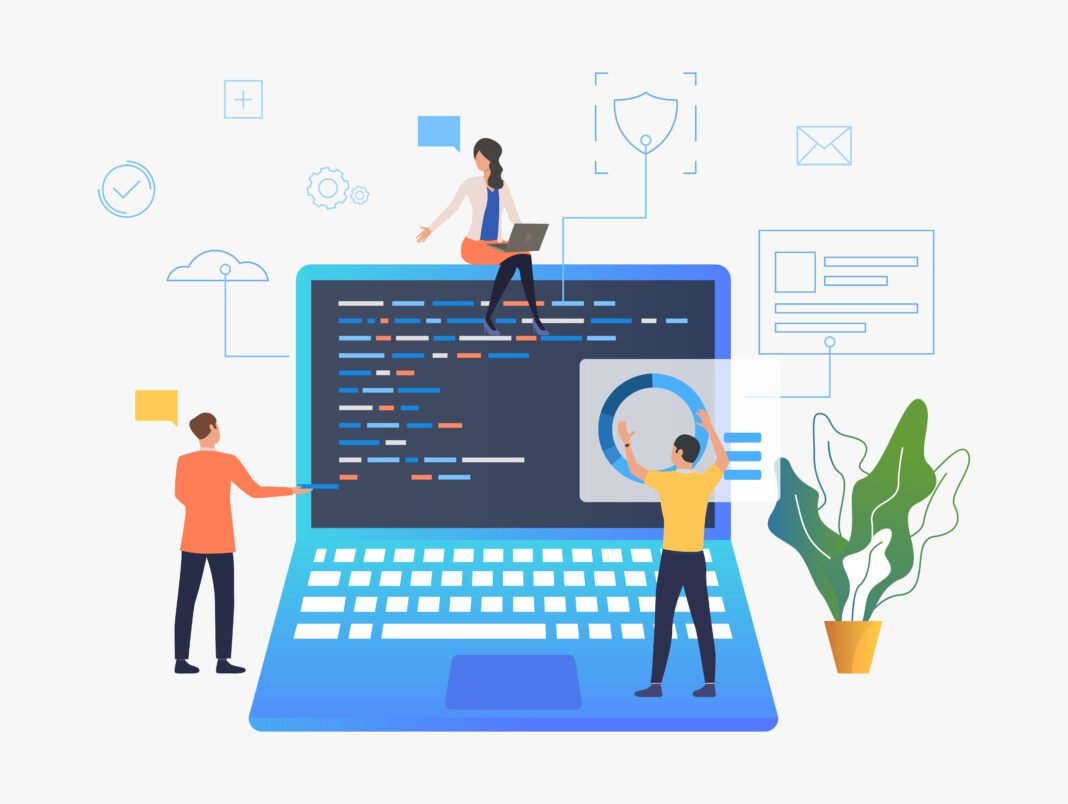The field of artificial intelligence (AI) has made remarkable strides in recent years, and one of its most remarkable applications is ChatGPT. Developed by OpenAI, ChatGPT is a cutting-edge language model that has proven its worth across various domains. In this article, we will explore how ChatGPT is transforming the world of DevOps and making a significant impact on enterprises, enhancing productivity and efficiency. By understanding the power of ChatGPT, businesses can unlock its potential to streamline processes and drive innovation.
Table of Contents
Understanding ChatGPT
ChatGPT is an advanced language model that employs deep learning techniques to generate human-like text responses based on the input it receives. It utilizes the GPT-3.5 architecture, which enables it to comprehend context and produce coherent, contextually relevant responses. The model is trained on a vast dataset that includes diverse information from the internet, making it well-versed in an extensive range of topics.
ChatGPT for DevOps
DevOps is a methodology that promotes collaboration between development and operations teams to enhance the software development life cycle. ChatGPT can play a crucial role in DevOps processes, facilitating seamless communication and problem-solving. By integrating ChatGPT into the DevOps environment, teams can leverage its natural language processing capabilities to automate repetitive tasks, offer real-time assistance, and even identify potential issues in the codebase.
In a collaborative setting, developers can interact with ChatGPT to quickly gather insights, brainstorm ideas, and obtain recommendations on optimal approaches to coding challenges. Furthermore, ChatGPT for devops can be trained on specific coding styles and practices, which enables it to provide context-aware suggestions, reducing errors and optimizing code quality.
Moreover, ChatGPT can be a valuable asset in the area of documentation. Generating comprehensive and accurate documentation is a vital aspect of DevOps, and ChatGPT can simplify this process by automatically creating documentation based on code changes and updates. This feature can significantly improve knowledge sharing among team members and streamline onboarding for new developers.
ChatGPT for Enterprise
Enterprises are complex ecosystems with numerous departments and diverse challenges. ChatGPT’s versatility makes it an ideal solution for addressing various enterprise needs. Its integration can streamline internal processes, enhance customer support, and even augment decision-making processes.
In customer support, ChatGPT can be employed as a virtual assistant, capable of handling routine queries and providing immediate solutions. This can significantly reduce response times, enhance customer satisfaction, and free up human agents to focus on more complex issues.
Furthermore, ChatGPT’s natural language understanding allows it to process vast amounts of unstructured data, enabling it to extract valuable insights from customer feedback, market trends, and competitor analysis. This information can empower enterprises to make data-driven decisions and stay ahead in a competitive landscape.
In addition to customer support and decision-making, ChatGPT can also assist in automating business processes. From handling inventory management to streamlining HR operations, the integration of ChatGPT can optimize workflows and reduce manual effort, resulting in increased efficiency and cost savings.
Benefits and Challenges
While ChatGPT offers immense benefits for DevOps and enterprises alike, there are some challenges to consider. One of the primary concerns is ensuring data security and privacy. Enterprises must be cautious about the data they share with ChatGPT, especially when dealing with sensitive information and customer data. Implementing robust security measures and adhering to best practices can mitigate these risks.
Moreover, ChatGPT, like any AI model, is not flawless. It can occasionally produce inaccurate or biased responses. Addressing these issues requires diligent testing, continuous monitoring, and regular updates to improve the model’s performance and reduce biases.
Ethical Considerations
As AI becomes increasingly embedded in business processes, it is vital to uphold ethical standards. ChatGPT for enterprise should be deployed responsibly, adhering to strict guidelines to ensure it is used ethically and without causing harm. Enterprises must be transparent with customers and employees about their use of AI, outlining the limitations and potential biases of ChatGPT.
Conclusion
ChatGPT represents a significant milestone in the realm of AI, revolutionizing the way businesses approach DevOps and enterprise operations. By integrating ChatGPT, organizations can streamline processes, improve productivity, and gain a competitive edge in today’s fast-paced business landscape. However, to harness the full potential of ChatGPT, businesses must tread carefully, taking ethical considerations and data privacy seriously. As AI continues to evolve, embracing ChatGPT responsibly will undoubtedly lead to transformative outcomes for businesses worldwide.






